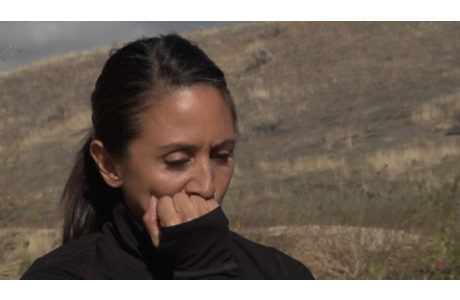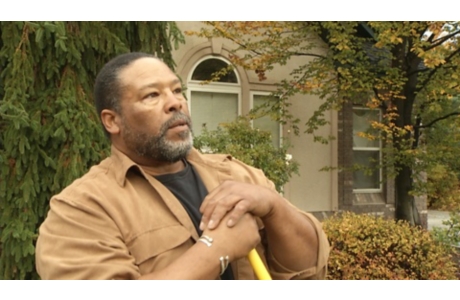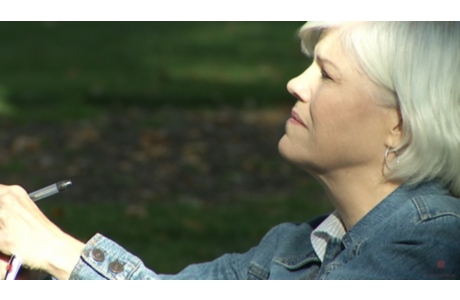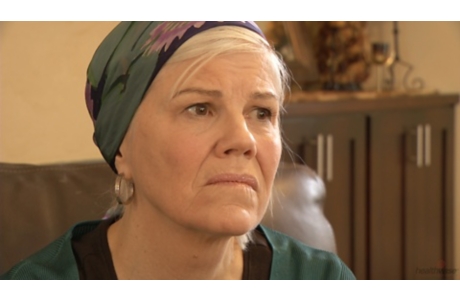Body Image After Cancer Treatment
Topic Overview
How you feel about your body (your body image) may change when you have cancer. It is common to feel angry, frustrated, or disappointed after cancer surgery or during treatment for cancer. And it may be hard to adjust.
Changes that may affect a person’s body image include:
- Losing a breast because of breast cancer.
- Having erection problems after prostate cancer treatment.
- Not being able to bear children after endometrial cancer treatment.
- Living with a colostomy bag, either for a while or permanently, because of colorectal cancer surgery.
Body changes
Physical changes can include damage to or loss of nerves, blood vessels, or organs from the growth of the cancer or from the treatments to remove the cancer. Also, general pain, fatigue, and discomfort can result from cancer or cancer treatment.
Emotional changes
Other concerns from cancer or cancer treatments may come up as you move on with your life. They may include stress, depression, confusion, or anxiety. Sometimes these problems are harder to deal with than the physical changes from having cancer.
Sexual problems
Treatment for cancer may cause sexual problems. For example, nerve damage from surgery may affect a man’s ability to have an erection.
Also, the stress of being diagnosed with cancer may affect other areas of your life, including your personal and sexual relationships. Some people may experience less sexual pleasure or lose their desire to be sexually intimate. Or a man or woman without a partner may feel unsure about dating because of having a history of cancer.
If sexual problems are bothering you, don’t wait to get help. Talk to your doctor. And if your concerns involve a partner, talking openly with your partner may help.
Where to get help
Contact your local chapter of the American Cancer Society or call 1-800-227-2345 to find a support group in your area. Talking with other people who have had similar feelings can be very helpful.
For more information about body changes and intimacy, read “Facing Forward: Life After Cancer Treatment” from the National Cancer Institute and the U.S. Department of Health and Human Services. You can find this booklet online at www.cancer.gov/cancertopics/life-after-treatment.
Current as of: December 19, 2018
Author: Healthwise Staff
Medical Review:Sarah A. Marshall, MD – Family Medicine & Kathleen Romito, MD – Family Medicine & Douglas A. Stewart, MD, FRCPC – Medical Oncology
This information does not replace the advice of a doctor. Healthwise, Incorporated, disclaims any warranty or liability for your use of this information. Your use of this information means that you agree to the Terms of Use. Learn how we develop our content.





